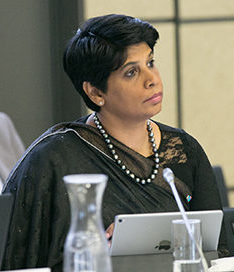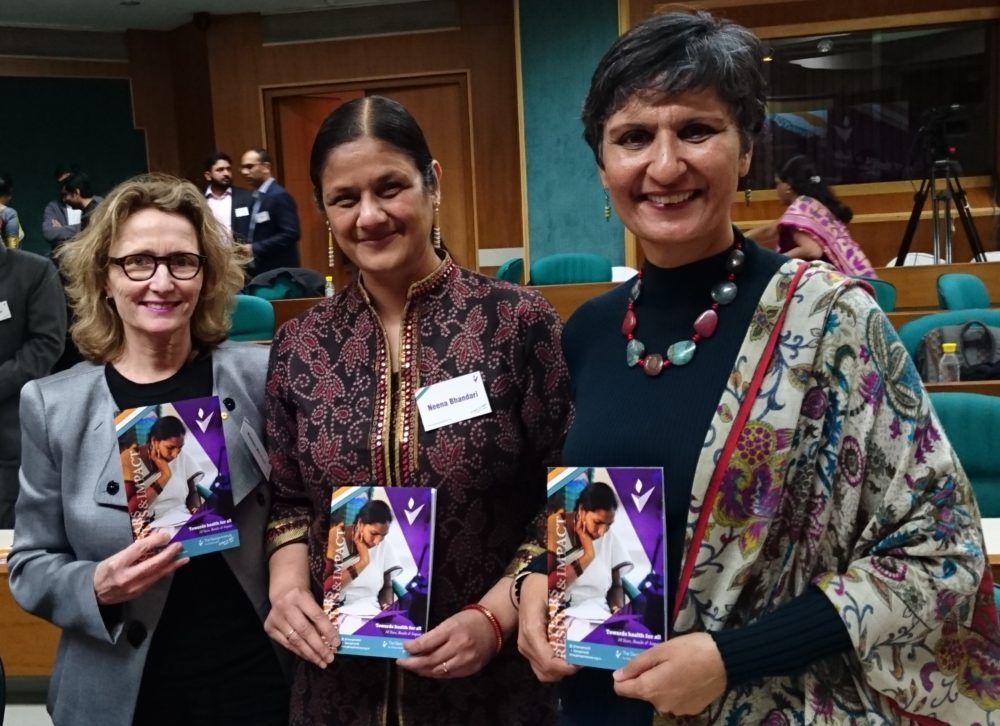By Neena Bhandari
Sydney, 13.09.2018 (SciDev.Net): Women in high positions must change the system so that every girl and woman can experience equality of opportunity, says Nazhat Shameem Khan, Permanent Representative of Fiji to the UN in Geneva and the country’s ambassador to Switzerland.
Born in Suva to migrant parents of Indian descent, she has had a stellar career as a lawyer, a judge and a diplomat. In every position she worked to remove the barriers girls and women face, be it making the office of Fiji’s director of public prosecutions more inclusive or getting the Gender Action Plan passed as chief negotiator for Fiji’s presidency of the 23rd annual Conference of Parties (COP23) of the UN Framework Convention on Climate Change.
She spoke to SciDev.Net about her sheltered childhood, her struggle to get a job despite having a law degree from Cambridge University, her experience with gender and racial bias as an Indo-Fijian woman and harassment and bullying at the workplace.
Continue reading on SciDev.Net Asia & Pacific Edition
© Copyright Neena Bhandari. All rights reserved. Republication, copying or using information from neenabhandari.com content is expressly prohibited without the permission of the writer and the media outlet syndicating or publishing the article.



